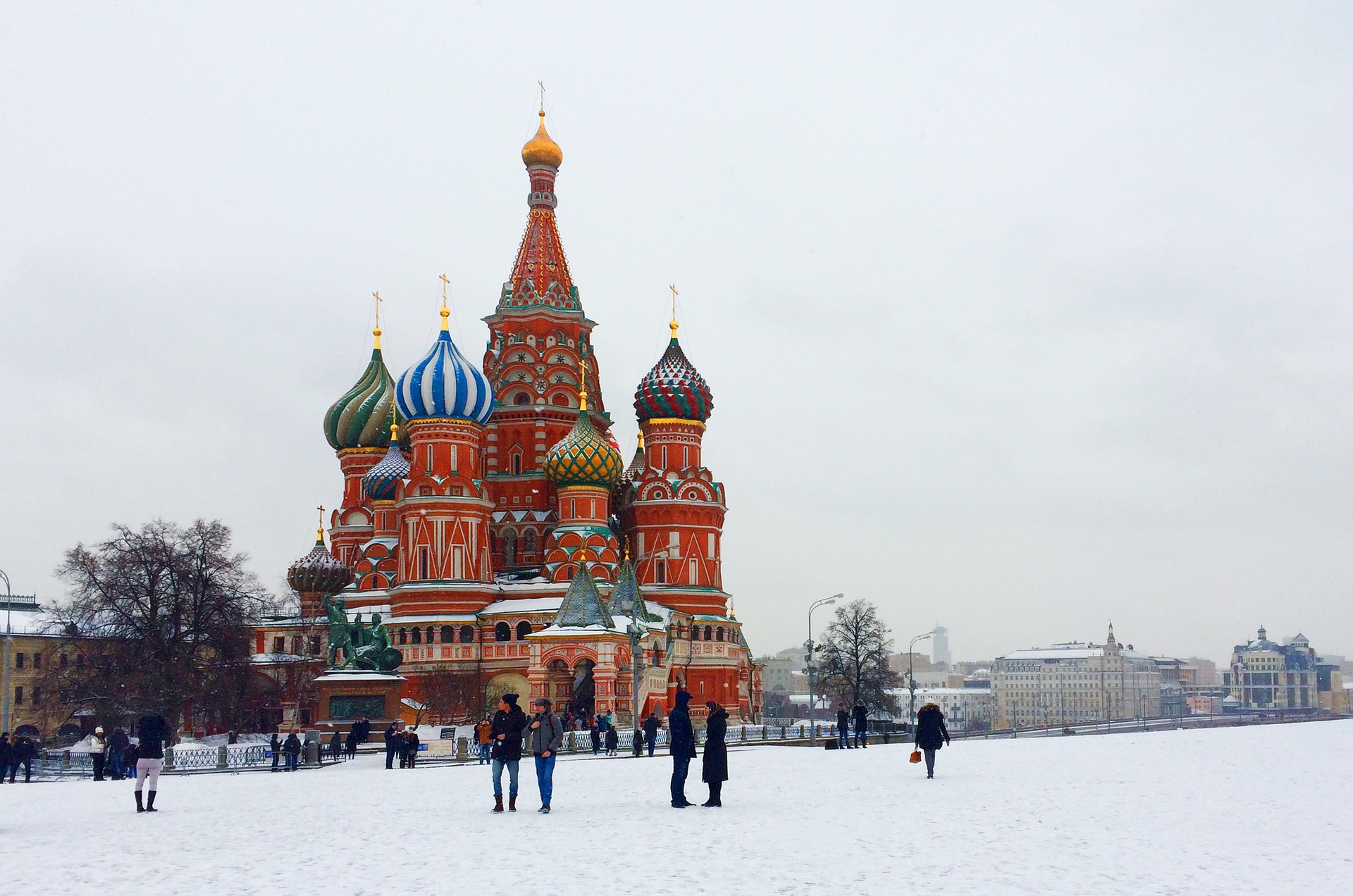
403
Sorry!!
Error! We're sorry, but the page you were looking for doesn't exist.
Kremlin reveals it has officially revised its nuclear doctrine
(MENAFN) On Sunday, the Kremlin revealed that it has officially revised its nuclear doctrine, aiming to define more clearly the situations in which Russia might resort to using nuclear weapons. This initiative involves updating key documents, marking a notable transformation in Russia’s strategic approach.
In a warning issued last Wednesday, Russian President Vladimir Putin informed Western countries that, with these new amendments, Russia would consider deploying nuclear weapons if it faced conventional missile strikes. He further stated that any attack on Russia, if supported by a nuclear state, would be interpreted as a "joint attack," which escalates the potential risks associated with any confrontation involving Russia.
These comprehensive amendments seem to be an attempt by Putin to draw a definitive "red line" for the United States and its allies. He signaled that Moscow would retaliate with nuclear weapons if Western nations allow Ukraine to launch deep strikes into Russian territory using advanced Western long-range missiles. This provocative stance has been met with criticism from U.S. Secretary of State Antony Blinken, who condemned Putin's threats as "completely irresponsible."
Kremlin spokesperson Dmitry Peskov confirmed in an interview that the amendments are in the final stages of preparation. He suggested that the updates to the nuclear doctrine are a reaction to the prevailing international landscape, characterized by rising tensions at Russia's borders and the growing presence of NATO forces. Peskov specifically pointed to what he referred to as the "deeper involvement of Western nuclear powers" in the conflict in Ukraine, underscoring Moscow's concerns over the West's backing of Kiev.
Earlier in September, Russian news agency TASS reported that Deputy Foreign Minister Sergei Ryabkov had indicated Moscow's intent to revise its nuclear doctrine in direct response to Western actions related to the Ukraine crisis. This shift represents a potentially perilous change in Russia's nuclear strategy, highlighting its increased vigilance toward perceived threats from NATO and allied nations.
As developments unfold, the ramifications of these amendments could have significant impacts on international relations, especially regarding nuclear deterrence and military strategy in the region.
In a warning issued last Wednesday, Russian President Vladimir Putin informed Western countries that, with these new amendments, Russia would consider deploying nuclear weapons if it faced conventional missile strikes. He further stated that any attack on Russia, if supported by a nuclear state, would be interpreted as a "joint attack," which escalates the potential risks associated with any confrontation involving Russia.
These comprehensive amendments seem to be an attempt by Putin to draw a definitive "red line" for the United States and its allies. He signaled that Moscow would retaliate with nuclear weapons if Western nations allow Ukraine to launch deep strikes into Russian territory using advanced Western long-range missiles. This provocative stance has been met with criticism from U.S. Secretary of State Antony Blinken, who condemned Putin's threats as "completely irresponsible."
Kremlin spokesperson Dmitry Peskov confirmed in an interview that the amendments are in the final stages of preparation. He suggested that the updates to the nuclear doctrine are a reaction to the prevailing international landscape, characterized by rising tensions at Russia's borders and the growing presence of NATO forces. Peskov specifically pointed to what he referred to as the "deeper involvement of Western nuclear powers" in the conflict in Ukraine, underscoring Moscow's concerns over the West's backing of Kiev.
Earlier in September, Russian news agency TASS reported that Deputy Foreign Minister Sergei Ryabkov had indicated Moscow's intent to revise its nuclear doctrine in direct response to Western actions related to the Ukraine crisis. This shift represents a potentially perilous change in Russia's nuclear strategy, highlighting its increased vigilance toward perceived threats from NATO and allied nations.
As developments unfold, the ramifications of these amendments could have significant impacts on international relations, especially regarding nuclear deterrence and military strategy in the region.

Legal Disclaimer:
MENAFN provides the
information “as is” without warranty of any kind. We do not accept
any responsibility or liability for the accuracy, content, images,
videos, licenses, completeness, legality, or reliability of the information
contained in this article. If you have any complaints or copyright
issues related to this article, kindly contact the provider above.

















Comments
No comment